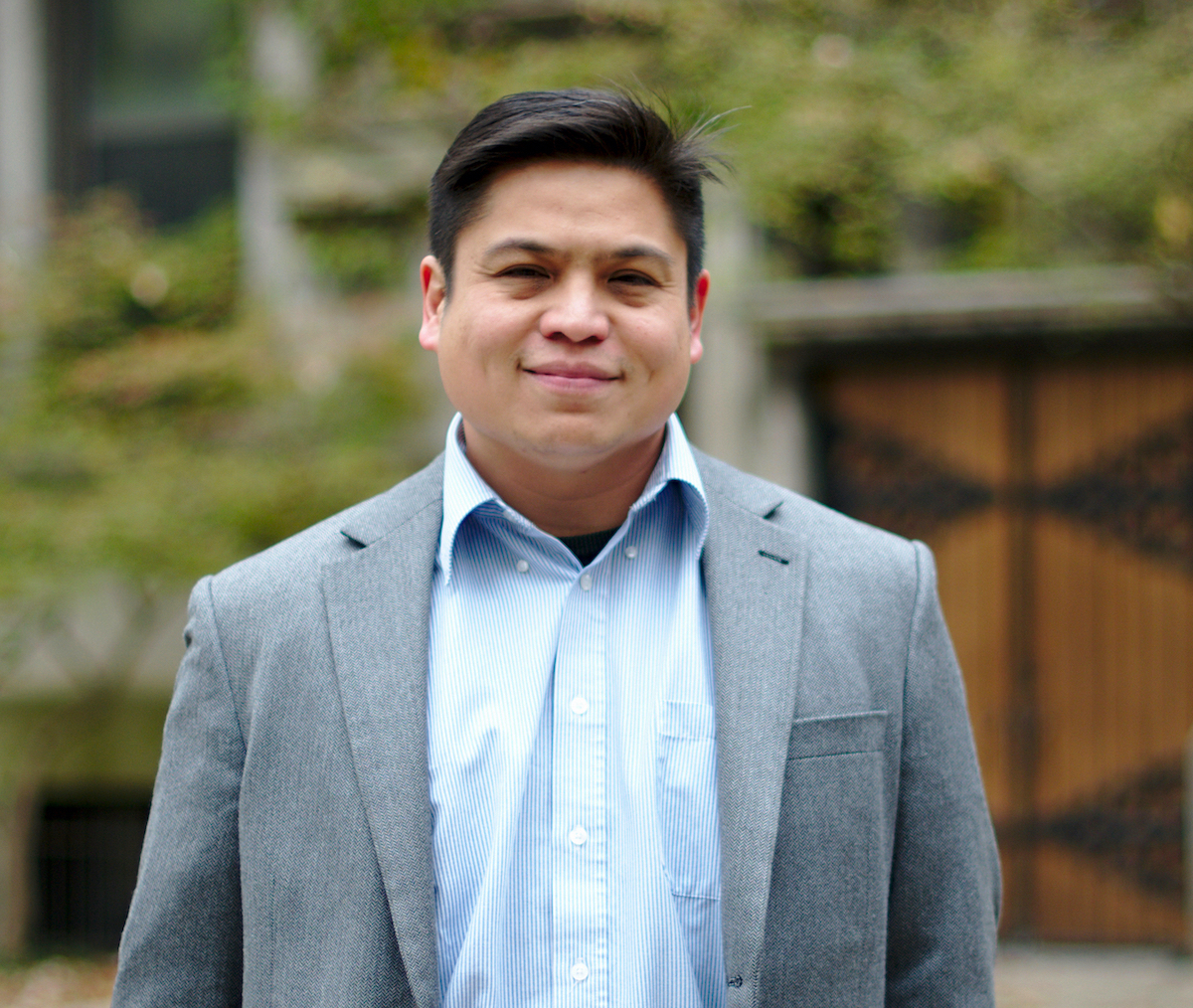
In general, I’m interested in social transformations in the Global South, Southeast Asia particularly, and my research focuses on the Philippines, Cambodia, and Singapore. Topically, I study democracy, corruption, urbanization, segregation, social inequality, and “populism” (I dislike the term). Theoretically, I spend a lot of time thinking about how political institutions structure experience and how experience shapes political subjectivity, the relation between social and spatial boundaries and when inequality comes to be felt as stigma, and what freedom means sociologically. I’m committed to theorizing “from the Global South,” or reconstructing conceptual categories in light of Southern realities, and enthusiastic about sociology as a mode of explanation that can help us grasp aspects of reality that other modes (biological, psychological, economic) can’t.
Recent Research / Recent Publications
CISSR 2022-23 Faculty Research Project
Project Abstract
The administration of Rodrigo Duterte has overseen an unprecedented level of violence in Philippine politics. Despite this violence, Filipinos largely support both the drug war and the Duterte administration. How do we explain widespread popular support for large-scale public violence? Prior research suggests that Filipinos are willing to tolerate extrajudicial killings, political repression, and the gutting of liberal institutions because they see Duterte as a “strong leader” whose methods, while questionable, are nonetheless effective. These views reflect long-held feelings of political alienation and aspirations for political renovation. Thus, in order to understand Filipinos’ acceptance of Duterte’s violence, we need to unpack their relationship to democracy and politics generally. The proposed research pursues the following questions: How do Filipinos conceive of democracy and what do they want from it? How have these conceptions changed over the course of the democratic period? How have the country’s political institutions shaped these conceptions? These questions require us to go deeper than the existing data allow. They call for an in-depth qualitative study of Filipinos’ political dispositions involving a combination of ethnographic and historical methods.
2020-21 Abstract
While corruption has risen to the top of the scholarly agenda in other social sciences, sociology has remained surprisingly silent in spite of its ideal intellectual equipment to understand corruption as fundamentally embedded in social structures. Marco Garrido’s new project works to articulate an agenda for the sociology of corruption and define the framing debates within this new field of study. His project aims to hold a symposium for scholarly discussion around the sociology of corruption, including quantitative measurements, network analysis, embed its meaning historically, and ethnographically as serial reactions. The project outcome will balance the need for a bold, focused statement of sociology of corruption and an inclusive approach reflecting sociology’s points of connections with other social sciences.
In contemporary Manila, slums and squatter settlements are peppered throughout the city, often pushing right up against the walled enclaves of the privileged, creating the complex geopolitical pattern of Marco Z. Garrido’s “patchwork city.” Garrido documents the fragmentation of Manila into a mélange of spaces defined by class, particularly slums and upper- and middle-class enclaves. He then looks beyond urban fragmentation to delineate its effects on class relations and politics, arguing that the proliferation of these slums and enclaves and their subsequent proximity have intensified class relations. For enclave residents, the proximity of slums is a source of insecurity, compelling them to impose spatial boundaries on slum residents. For slum residents, the regular imposition of these boundaries creates a pervasive sense of discrimination. Class boundaries then sharpen along the housing divide, and the urban poor and middle class emerge not as labor and capital but as squatters and “villagers,” Manila’s name for subdivision residents. Garrido further examines the politicization of this divide with the case of the populist president Joseph Estrada, finding the two sides drawn into contention over not just the right to the city, but the nature of democracy itself.
The Patchwork City illuminates how segregation, class relations, and democracy are all intensely connected. It makes clear, ultimately, that class as a social structure is as indispensable to the study of Manila—and of many other cities of the Global South—as race is to the study of American cities.
 THE UNIVERSITY OF CHICAGO
THE UNIVERSITY OF CHICAGO

